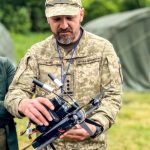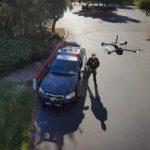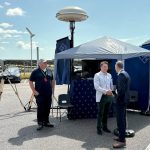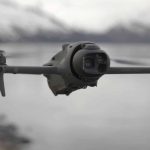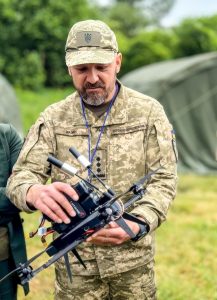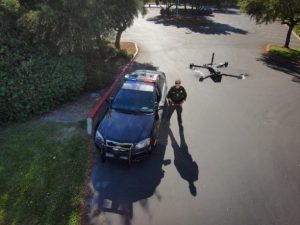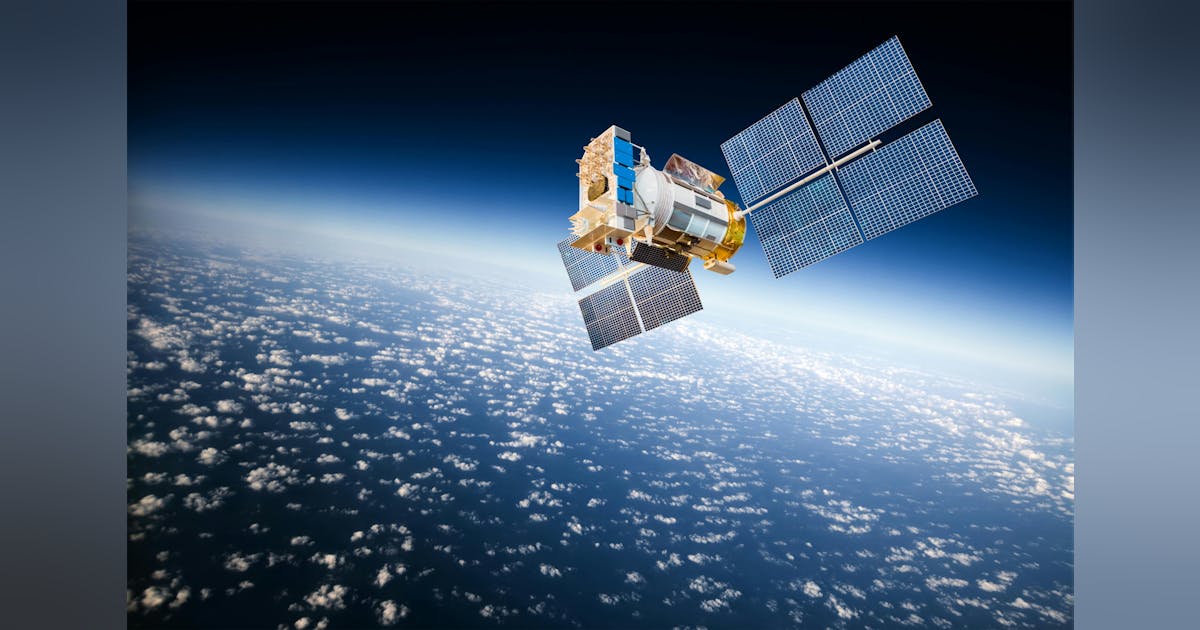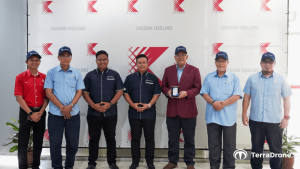U.N. Agencies Urge Global Action Against GNSS Interference
March 26, 2025 – Three major United Nations organizations – the International Civil Aviation Organization (ICAO), the International Telecommunication Union (ITU), and the International Maritime Organization (IMO) – have jointly called for immediate global measures to combat harmful interference affecting satellite navigation systems. This interference poses a considerable threat to vital sectors including aviation, maritime operations, and telecommunications.
The agencies highlighted the increasing incidents of jamming and spoofing directed at Radio Navigation Satellite Service (RNSS), urging member states to implement urgent protective measures to preserve the integrity of navigation, positioning, and timing signals essential for civil and humanitarian activities.
According to the agencies, jamming refers to the unnecessary transmission or generation of competing signals, while spoofing involves sending GNSS-like signals that can mislead receivers on vessels and aircraft, causing them to miscalculate their positions and provide incorrect navigation information.
Risks Associated with Interference
The agencies issued a stern warning that harmful interference with satellite navigation is a significant threat to aviation safety, maritime operations, and critical telecommunications networks. They stressed the necessity to protect RNSS signals from such disruptions that can impair or mislead navigational systems utilized by aircraft, ships, and emergency service vehicles.
Several key recommendations were laid out in the statement, including:
- Enhancing the resilience of systems that rely on RNSS.
- Maintaining alternative conventional navigation infrastructure.
- Developing techniques to mitigate potential loss of service.
Moreover, increased collaboration among regulatory bodies, civil aviation, maritime, and defense agencies is crucial to effectively tackle these interference challenges. The agencies also called on member states to report instances of interference to relevant authorities and the ITU Radiocommunications Bureau to aid monitoring and mitigation efforts.
This statement builds upon pre-existing international regulations, including ITU Radio Regulations as well as ICAO and IMO standards, which underscore the need for stringent protection against interference in safety-critical communication and navigation systems.

About the Author
Jamie Whitney joined Military & Aerospace Electronics and Intelligent Aerospace as an editorial leader, bringing over seven years of experience in print journalism. Whitney manages editorial content for the Intelligent Aerospace website, produces news and feature articles for Military & Aerospace Electronics, attends industry events, and enhances content for both franchises.
